2013 will go down in the automotive history books, as Ferrari, McLaren and Porsche battle to win the New Age Hypercar Championship. Two of the contenders, the Ferrari ‘LaFerrari’ and McLaren P1, made an appearance at Geneva this week, while the Porsche 918 is still in the techno-gym, with an alleged appearance later this year at the Frankfurt Motor Show.
A recent article in the Financial Times placed ‘classic cars’ as the second-best-performing investment over the past decade (395% growth); only outperformed by gold (434%), albeit taking into account prime real estate in Hong Kong (221%), Sao Paolo (211%), Paris (117%), London (103%) and New York (72%).
It is therefore legitimate to conclude that the majority of potential supercar buyers are not only concerned by lap-times, but also whether their forthcoming acquisitions are yet another shrewd investment, keeping in mind the fact that Ferrari Enzo values have more or less doubled over the past decade.
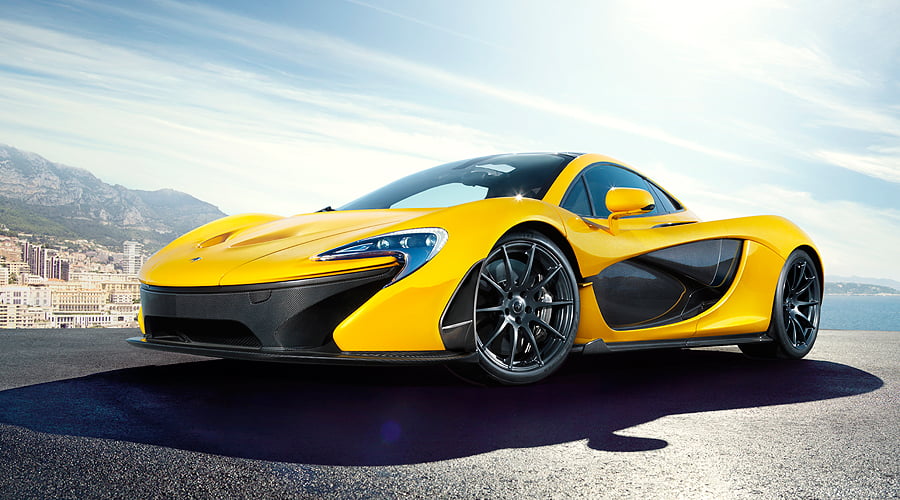
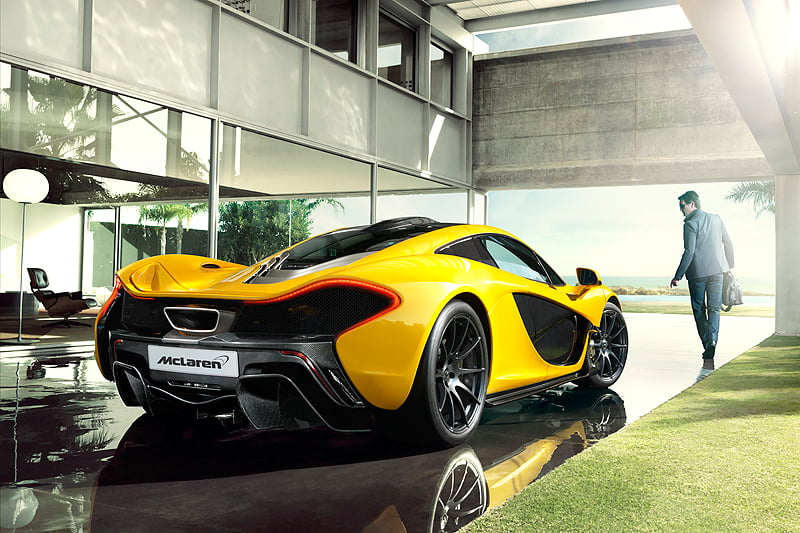
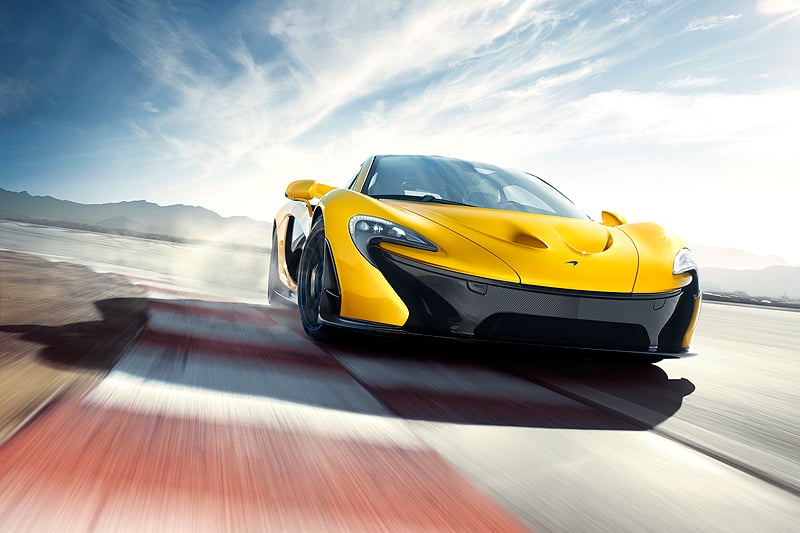
Hence, putting aside styling, performance and cost – one of which is subjective and one of which is relative – let’s consider the following question: why did Ferrari’s F40 become so much more valuable than Porsche’s 959, even though the latter was produced in much smaller numbers?
The answer lies in the ‘supply and demand’ curve, one heavily influenced by factors such as ‘perceived value’, ‘long-term relevance’ and ‘historic significance’. These indicators are also relevant in many other high-end luxury markets, such as watches, jewellery, wine and art, some of which have attracted collectors for far longer than the automobile has existed.
One thing is certain, however: the new LaFerrari attracted the biggest crowd for any product at any motor show in the past decade. Bar none. And to call the new car simply ‘LaFerrari’ is as confident as Volkswagen’s ‘Das Auto’ slogan. In terms of emotion and emotional styling, the Ferrari has already won.
Yet I am not convinced.
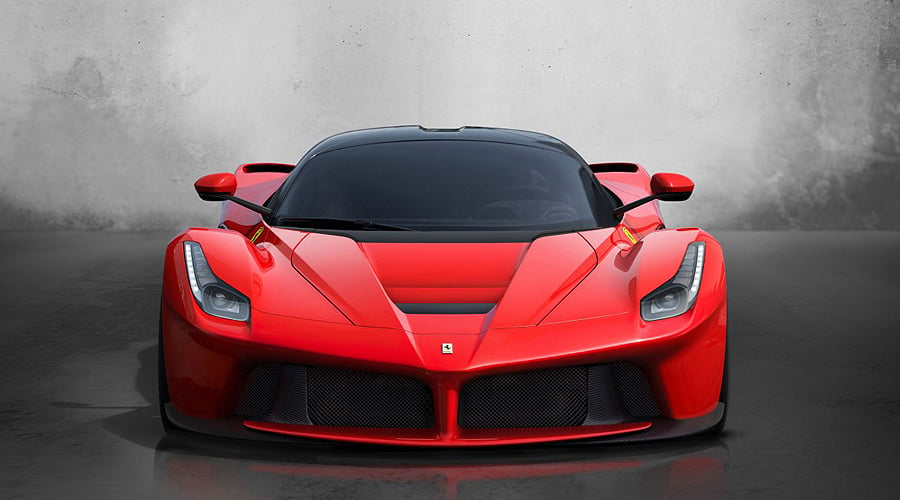
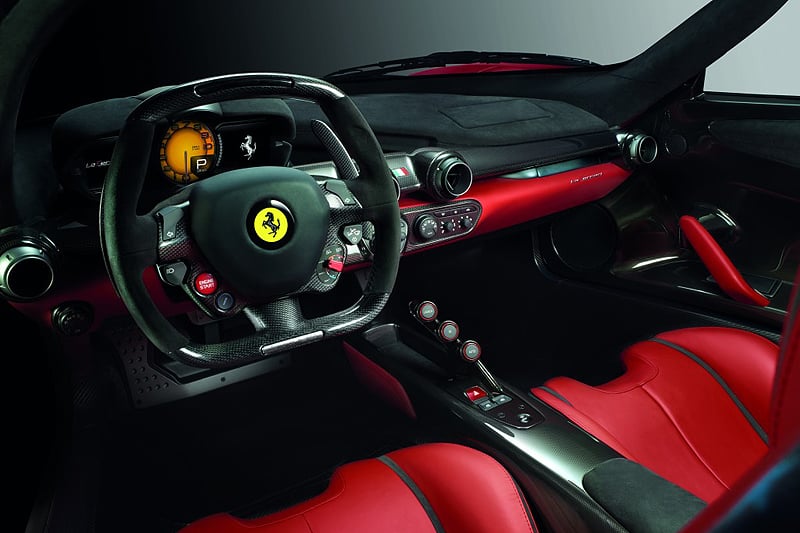
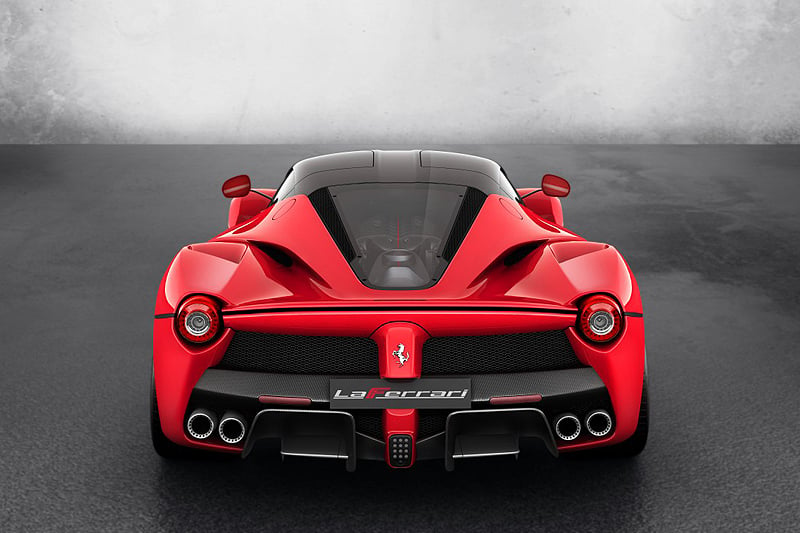
Recently, the industry has developed a bias towards ecological thinking, irrelevant as this might actually be for a product limited to around 500 units, each doing an average of around 1000 miles a year. Yet the words ‘efficiency’, ‘reduction’ and ‘sustainability’ are found repeatedly in hypercar marketing literature.
What I am trying to get at is whether this new wave of eco-hypercars – and by that I mean the overweight battery-laden hypercars of late – are comparable to the quartz watch trend of the late 70s that nearly destroyed the Swiss high-end watch industry.
Some might see the Bugatti Veyron as a ‘dinosaur’ compared with the latest crop of hypercars, but maybe it should instead be viewed as the last mechanical tourbillon timepiece: perhaps not as accurate as a watch of the digital age – and one that needs to be wound on a daily basis – but one that will not date. Rather, it can be gifted to future generations who will still marvel at its brilliance.
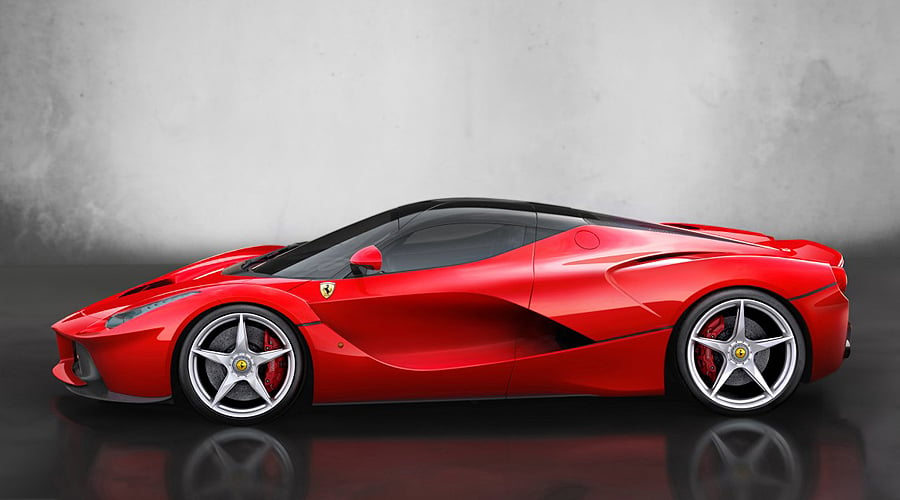
With technology progressing by the second, will the dated battery packs and electric engines on a LaFerrari, P1 or 918 feel as desirable in 10 years’ time as would, say, the gift to our children of a first-generation iPod today? Could these New Age hypercars be the Junghans radio-controlled or Databank watches that seemed ultra-cool in the 80s, but are nowhere near a watch collector’s vault in 2013?
If I had to make a choice between the three hypercars, I would opt for LaFerrari. Except, maybe, if Porsche could build me a 918 sans battery junk and associated weight clutter, but with a fixed roof. However, the ‘Best of Show’ was on the McLaren stand… it was orange… and it goes by the name of F1LM.
Then again, if I were to spend my hard-earned on a new car that I consider a dead-cert long-term investment, I would take myself a few show stands down the alley to the manufacturer of the last automotive tourbillon. Yup, my money would be on the Bugatti Veyron.
Photos: Classic Driver / Manufacturers









